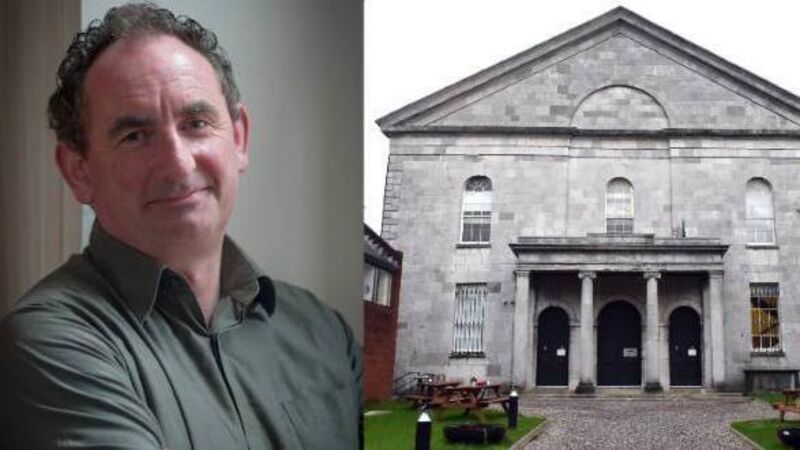Triskel launches strategic plan for upgrade of Cork arts centre

Tony Sheehan, artistic director of Triskel in Cork.
As it gears up for its 50th anniversary in 2028, Triskel Arts Centre in Cork has launched an ambitious strategic plan. Tony Sheehan, artistic director of the Tobin Street centre, says Triskel acted as “a lifeline” for his generation of artists when it opened in 1978. He wants to ensure that today’s young artists can be part of a network of arts and culture that a second city deserves.
The plan — which was launched on Saturday, November 1, in the presence of Taoiseach Micheál Martin — calls for a €1.2 million capital investment programme and a target to raise an additional €100,000 annually in revenue funding. Sheehan makes the case that these investments will strengthen Triskel’s artistic programme, infrastructure and community impact.




